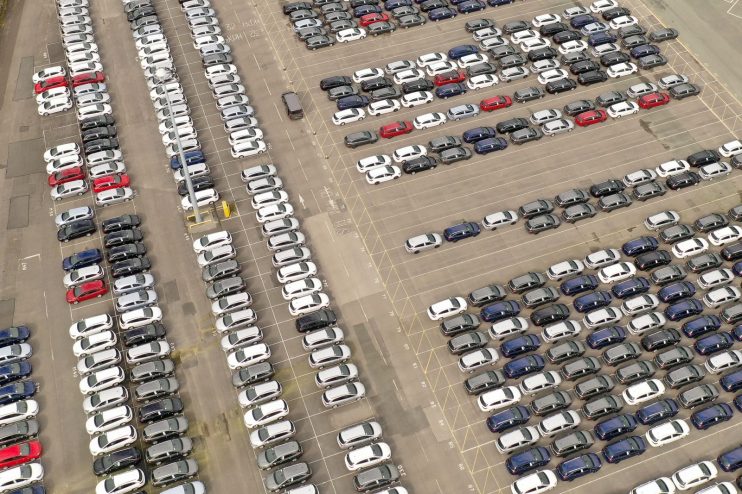European Union to delay post-Brexit electric vehicle tariffs until 2027

The European Commission on Wednesday proposed a delay to post-Brexit tariffs on electric vehicles (EV) traded between the UK and EU, in a major win for Europe’s automotive industry.
So-called rules of origin tariffs, which would add a 10 per cent fee on shipped EVs should 45 per cent of their parts not be sourced within Europe, were due to come in at the turn of the year.
Automakers on both sides of the channel had been lobbying hard to overturn the incoming rules, warning they could damage competitiveness at a time when international powers are jostling for market share in the shift to greener fleets.
The EU is by far the UK’s largest automotive and EV market and is the source of almost half of all new battery electric vehicles (BEVs).
The proposals are still subject to approval at a meeting next week, and the European Commission had previously opposed any suggestion of a delay to the rules.
It said on Wednesday that a “one-off extension” until 2027 was necessary, noting competition from US subsidies stemming from Biden’s Inflation Reduction Act (IRA), and the ongoing impacts of the pandemic. It, however, said it would include a clause to the Brexit deal which would make it legally impossible for any further extension to the rules.
Mike Hawes, chief executive of the SMMT, the trade body representing the UK’s car industry, urged governments to back the proposals.
Hawes said: “Adopting the Commission’s proposal would be a pragmatic solution, safeguarding the future of the EU and UK automotive industries, supporting motorists, the economy and the environment.
“Such an extension would avoid damaging tariffs on the very vehicles we need consumers to buy, allow UK and EU manufacturers to compete with the rest of the world and, crucially, give the European battery industry time to catch up. Above all, voting for the proposal will enable us all to cut carbon emissions while supporting growth and jobs across the entire EV supply chain.”